The emergence of blockchain technology is driving a major transformation in the energy market. Blockchain technology has the potential to transform the way energy is created, distributed, and consumed.
Decentralization and peer-to-peer trading are at the forefront of this transformation, providing exciting opportunities for both energy producers and consumers.
What Is Blockchain Technology?
Blockchain is a decentralized digital ledger that securely and transparently records events and stores data. Each block in the chain includes a cryptographic hash of the preceding block, resulting in an immutable data chain.
This technology has grown in popularity in recent years, owing mainly to its use in cryptocurrencies such as Bitcoin.
However, the potential of blockchain goes beyond cryptocurrency. Because it is decentralized, it can be used to build secure and transparent networks for any industry that depends on transactions and data management.
This implies that blockchain can be used to create peer-to-peer networks for energy trading in the energy market.
Decentralization's Role in Energy Markets
Energy markets have traditionally been controlled. Large power facilities generate energy, which is then distributed to consumers via a centralized grid. This system is extremely centralized, which means that the market is controlled by only a few large players.
This equilibrium is altered by decentralization. Individuals and groups can generate their own energy using decentralized energy systems, which are often powered by renewable sources such as solar or wind.
Through a peer-to-peer network, these small-scale producers can then offer their excess energy to other consumers.
Decentralization also makes the energy system more robust. When one electricity plant fails in a centralized system, it can cause widespread blackouts.
Decentralized systems are less susceptible to disruption because they are comprised of many small-scale producers rather than a few large ones.
Energy Markets Peer-to-Peer Trading
Another disruptive innovation in the energy industry is peer-to-peer trading. In a traditional energy market, consumers purchase energy at a fixed cost from a utility business. Peer-to-peer trading, on the other hand, allows consumers to purchase energy directly from other consumers who are producing excess energy.
Peer-to-peer trading gives consumers access to renewable energy sources that traditional utility firms may not provide. For example, if a community has an excess of solar energy during the day, it can market it to other community members who require energy at night.
Blockchain Technology and Energy Markets
Blockchain technology is ideally suited for a decentralized peer-to-peer energy exchange. Because blockchain is decentralized, it can provide a safe and transparent network for energy transactions.
Blockchain technology can also help to integrate green energy sources into the grid by allowing small-scale producers to offer excess energy to other consumers.
Several blockchain-based energy trading systems are already operational. Power Ledger, an Australian company, has created a platform that enables consumers to purchase and sell renewable energy directly from one another.
The platform secures energy transactions with blockchain technology and enables consumers to set their own energy prices.
WePower is another example of a blockchain-based platform that enables consumers to buy energy directly from renewable energy producers. WePower utilizes blockchain technology to record energy transactions and monitor renewable energy production.
Decentralization and Peer-to-Peer Trading Benefits in Energy Markets
Both energy producers and consumers profit from decentralization and peer-to-peer trading. These systems provide producers with a new revenue stream by enabling them to sell excess energy directly to consumers. This is especially advantageous for small-scale producers who may lack the resources to sell their energy to utility firms.
Peer-to-peer trading can provide consumers with access to renewable energy sources that traditional utility firms may not provide. It also enables consumers to set their own energy prices, which can lead to lower energy costs.
Decentralization and peer-to-peer trading have the ability to make the energy system more resilient. Power outages are less likely in a decentralized system because energy is generated by many small-scale producers rather than a few large ones. Furthermore, because the energy is generated locally, long-distance transmission lines are not required, which can be susceptible to weather events or other disruptions.
Another advantage of decentralized and peer-to-peer trading systems is that they can contribute to the reduction of greenhouse gas pollution. These systems can encourage the adoption of clean energy technologies by giving consumers immediate access to renewable energy sources.
Decentralization and Peer-to-Peer Trading Challenges in Energy Markets
While decentralized and peer-to-peer trading systems have many advantages, they also have some drawbacks that must be handled. One issue is that these systems necessitate substantial infrastructure investment, such as energy storage systems and smart meters. For small-scale producers, this can be a major barrier to entry.
Another issue is that the regulatory framework for decentralized energy networks is still evolving. Many nations have regulations that favor traditional utility companies over small-scale producers, making decentralized systems difficult to contend with.
Finally, there are technical issues to consider when integrating decentralized energy devices into the grid. For example, the electricity produced by solar panels can fluctuate based on weather conditions, causing grid instability. New technologies, such as energy storage systems and demand response programs, are being developed to address this issue.
The Inherent Problems of Decentralization in the Energy Sector
One of the main dangers of decentralization in energy markets is that it can lead to a lack of investment in large-scale energy infrastructure. In a decentralized system, individuals and communities are responsible for generating their own energy, which means that there is less demand for large-scale power plants. This can lead to a situation where there is insufficient investment in the energy infrastructure needed to support the energy needs of the wider population.
Another problem is that it can lead to inefficiencies in the energy system. In a centralized system, energy is generated at a few large power plants and then distributed to consumers via a network of transmission and distribution lines. This means that the energy system can be optimized to ensure that energy is delivered to consumers in the most efficient and cost-effective way possible. In a decentralized system, however, energy is generated at a multitude of locations, and there is no centralized control over the energy system. This can lead to inefficiencies and higher costs.
Decentralization can also lead to a lack of transparency in the energy system. In a centralized system, energy companies are required to provide regular reports on their operations and energy production, which can be used to monitor and regulate the energy system. In a decentralized system, however, there is no centralized authority to oversee energy production and distribution, which can lead to a lack of transparency and accountability.
Finally, decentralization can lead to a lack of energy security. In a centralized system, energy companies can plan for and respond to energy emergencies, such as power outages and natural disasters. In a decentralized system, however, there is no centralized authority to coordinate emergency response efforts, which can lead to disruptions in energy supply during times of crisis.
Conclusion
By allowing decentralized, peer-to-peer energy trading, blockchain technology has the potential to revolutionize the energy market. Decentralization and peer-to-peer trading provide numerous advantages, including a more resilient energy system, access to renewable energy sources, and reduced consumer energy costs.
However, there are some issues that must be addressed, such as the need for substantial infrastructure investment and regulatory reform.
Decentralized and peer-to-peer trading systems will become increasingly important participants in the energy market as these challenges are addressed, paving the way for a more sustainable and resilient energy future.
This article was written by Finance Magnates Staff at www.financemagnates.com.
You can get bonuses upto $100 FREE BONUS when you:
💰 Install these recommended apps:
💲 SocialGood - 100% Crypto Back on Everyday Shopping
💲 xPortal - The DeFi For The Next Billion
💲 CryptoTab Browser - Lightweight, fast, and ready to mine!
💰 Register on these recommended exchanges:
🟡 Binance🟡 Bitfinex🟡 Bitmart🟡 Bittrex🟡 Bitget
🟡 CoinEx🟡 Crypto.com🟡 Gate.io🟡 Huobi🟡 Kucoin.

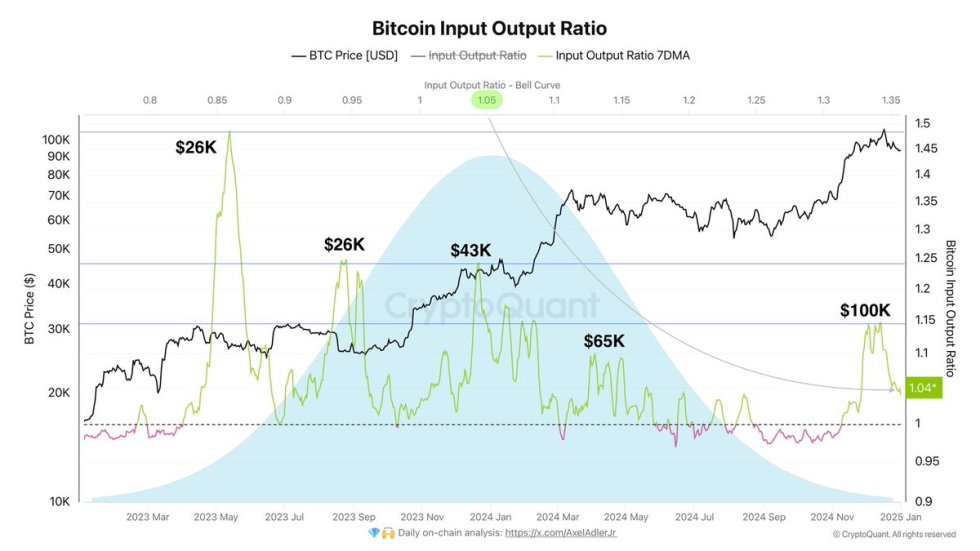
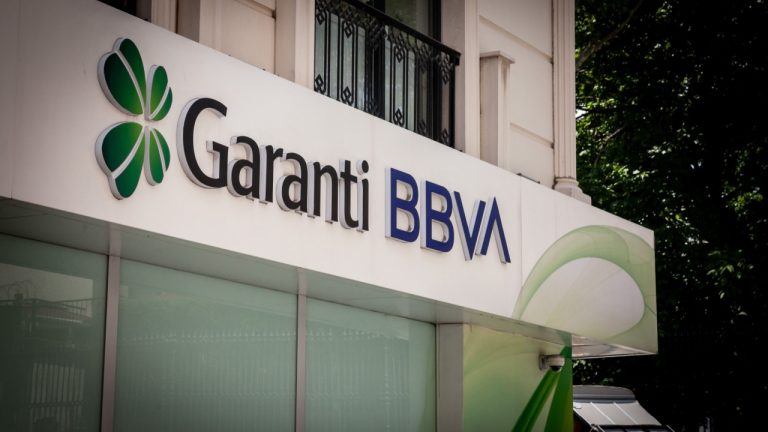

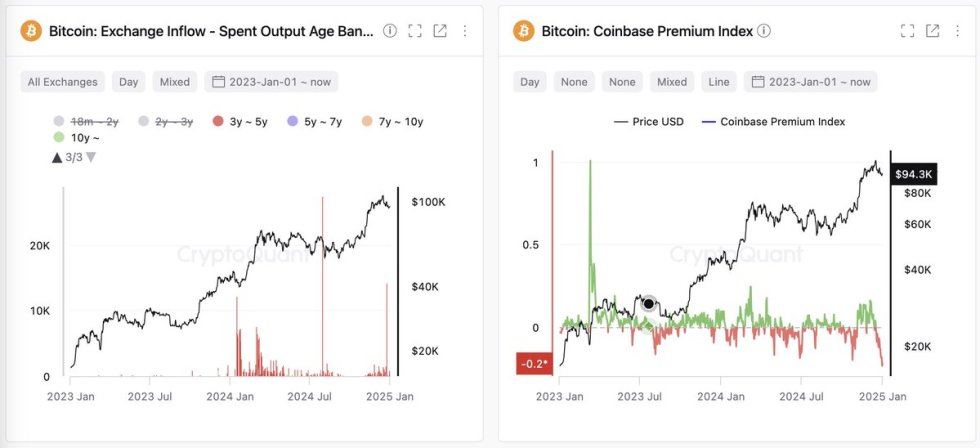











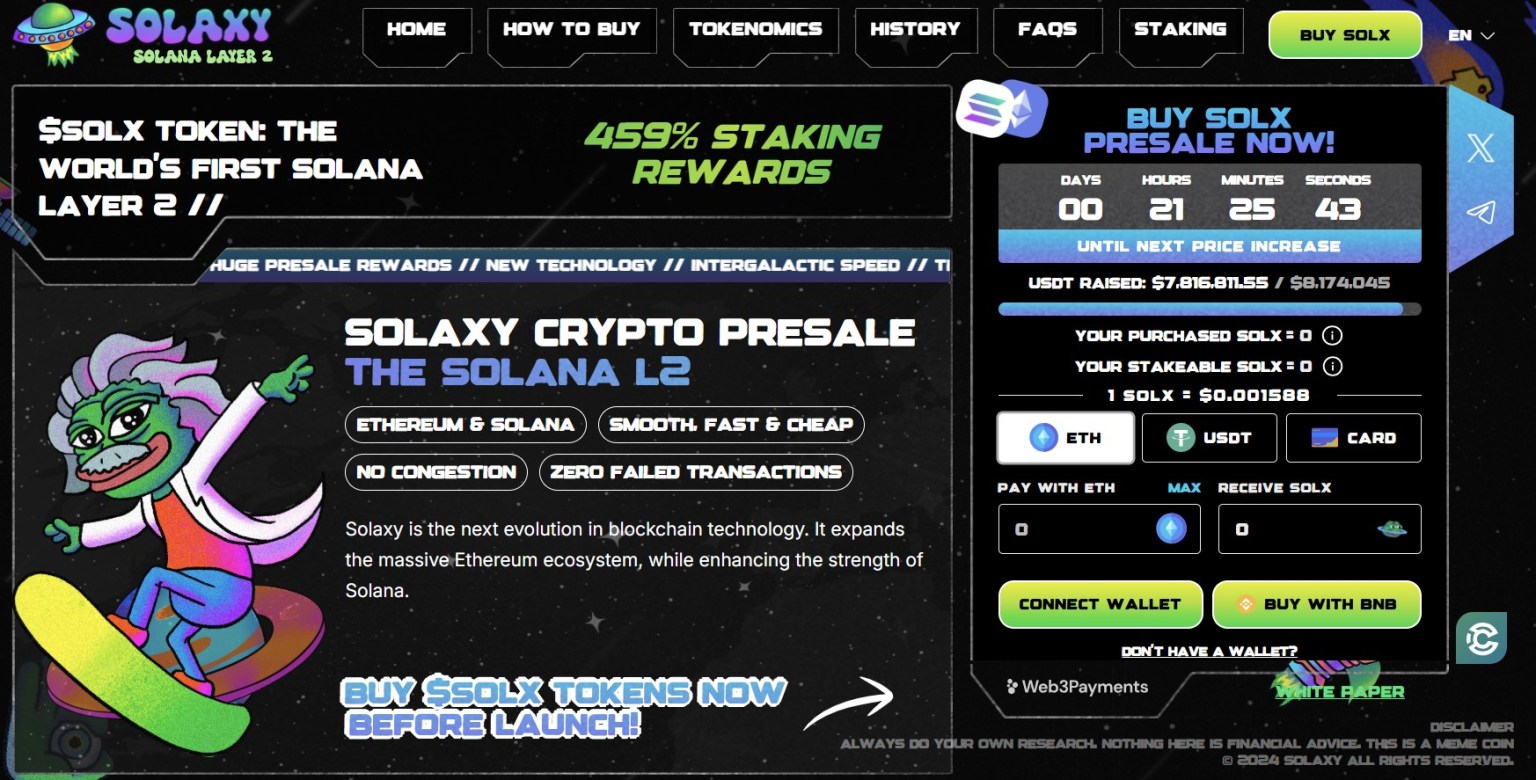
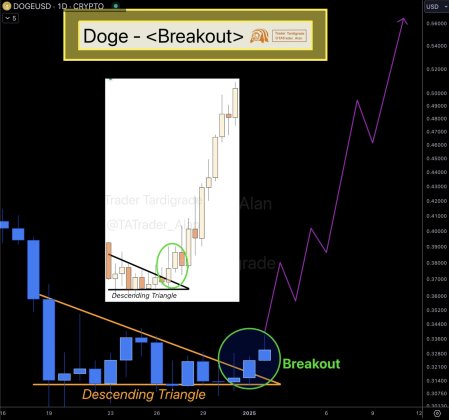


Comments